周易占卜(I Ching) - Ancient Wisdom-Based AI Divination
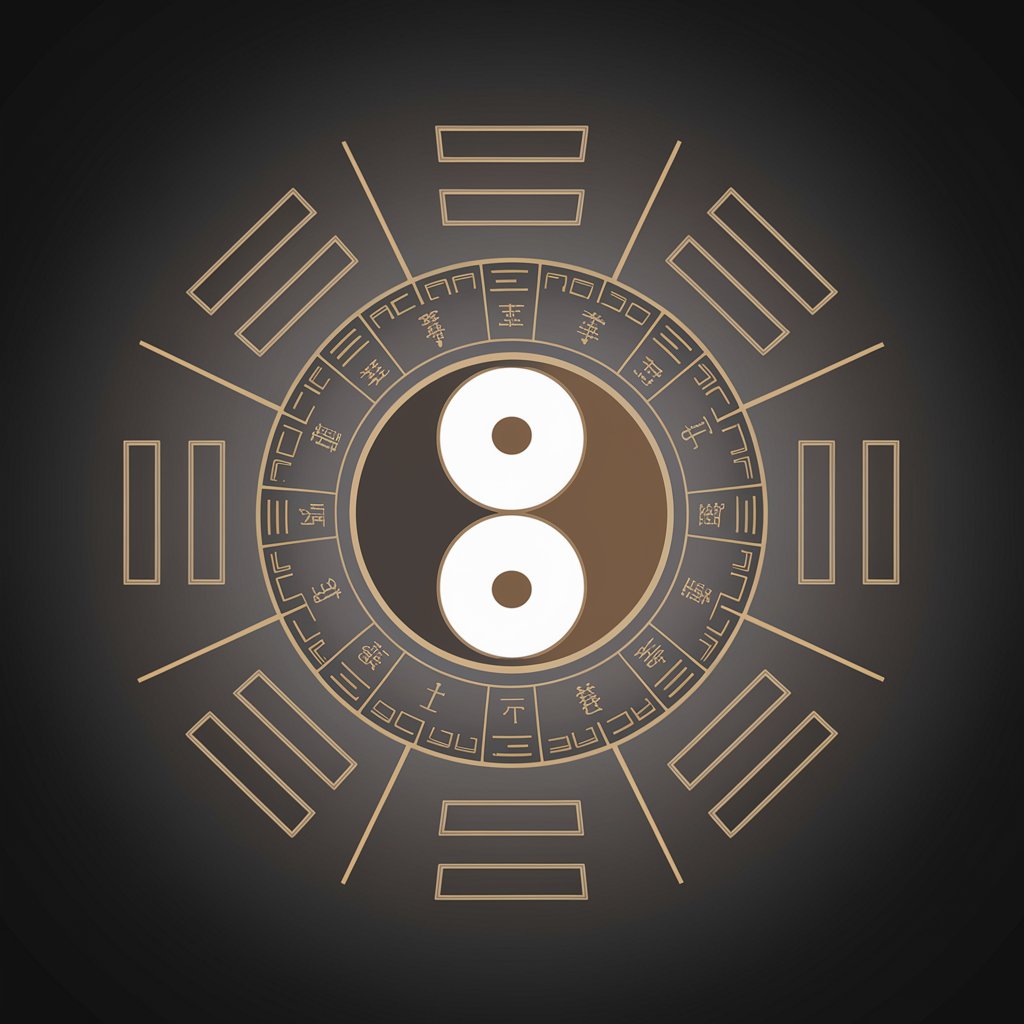
Welcome! Let's explore the wisdom of I Ching and Tieban Shen Shu together.
Unveiling Future Insights with AI-Powered Divination
What guidance does the I Ching offer for my current situation?
How can Tieban Shen Shu help me understand my future?
Please provide an I Ching reading for my career path.
What does the Iron Plate Numerology reveal about my relationships?
Get Embed Code
Understanding 周易占卜 (I Ching)
周易占卜, also known as I Ching, is an ancient Chinese divination system deeply rooted in Taoist philosophy. It's based on the principles of Yin and Yang and the theory of the Five Elements. My design as an AI version of I Ching integrates traditional I Ching divination methods with modern interpretation tools, offering a bridge between ancient wisdom and contemporary understanding. For instance, a user might consult I Ching for insights into a personal dilemma. Using a combination of the 64 hexagrams, which are symbolic representations of various life situations, I provide interpretations that reflect both traditional meanings and modern psychological insights. This includes analysis of the changing lines within the hexagrams, offering a dynamic and evolving perspective on the user's situation. Powered by ChatGPT-4o。

Key Functions of 周易占卜 (I Ching)
Divination and Guidance
Example
A user facing a career choice might receive an interpretation of Hexagram 10 (Lu: Treading), suggesting caution and wisdom in decision-making.
Scenario
In personal decision-making, especially when at crossroads.
Personal Growth Insights
Example
Interpreting Hexagram 30 (Li: The Clinging, Fire), I might offer insights into cultivating clarity and insight in one's personal journey.
Scenario
For self-reflection and personal development purposes.
Cultural and Historical Learning
Example
Explaining the historical context of Hexagram 15 (Qian: Modesty), enriching the user's understanding of ancient Chinese philosophy.
Scenario
For educational purposes or deeper cultural appreciation.
Ideal Users of 周易占卜 (I Ching)
Individuals Seeking Personal Guidance
People at crossroads in life, such as career changes or relationship decisions, who seek deeper understanding and guidance.
Enthusiasts of Eastern Philosophy
Individuals interested in Taoism, Yin Yang, and the Five Elements, aiming to integrate these philosophies into their daily lives.
Students and Scholars
Academic users who study the I Ching for its historical, cultural, and philosophical significance.

Using 周易占卜 (I Ching)
Initial Access
Visit yeschat.ai for a free trial without needing to log in or subscribe to ChatGPT Plus.
Question Formulation
Think of a specific question or situation you seek guidance on. It should be clear and focused.
Divination Method
Select the divination method: traditional I Ching hexagrams or the Tieban Shen Shu technique, based on your preference.
Interpreting Results
Read the divination results, which include interpretations from both ancient texts and modern insights.
Further Exploration
Use additional resources provided for deeper understanding or consult the social media channels for community insights.
Try other advanced and practical GPTs
学术论文写作帮手
Elevate Your Research with AI

Easy Image Maker No. 2: Fantasy Portrait Maker
Bring Fantasy Characters to Life with AI
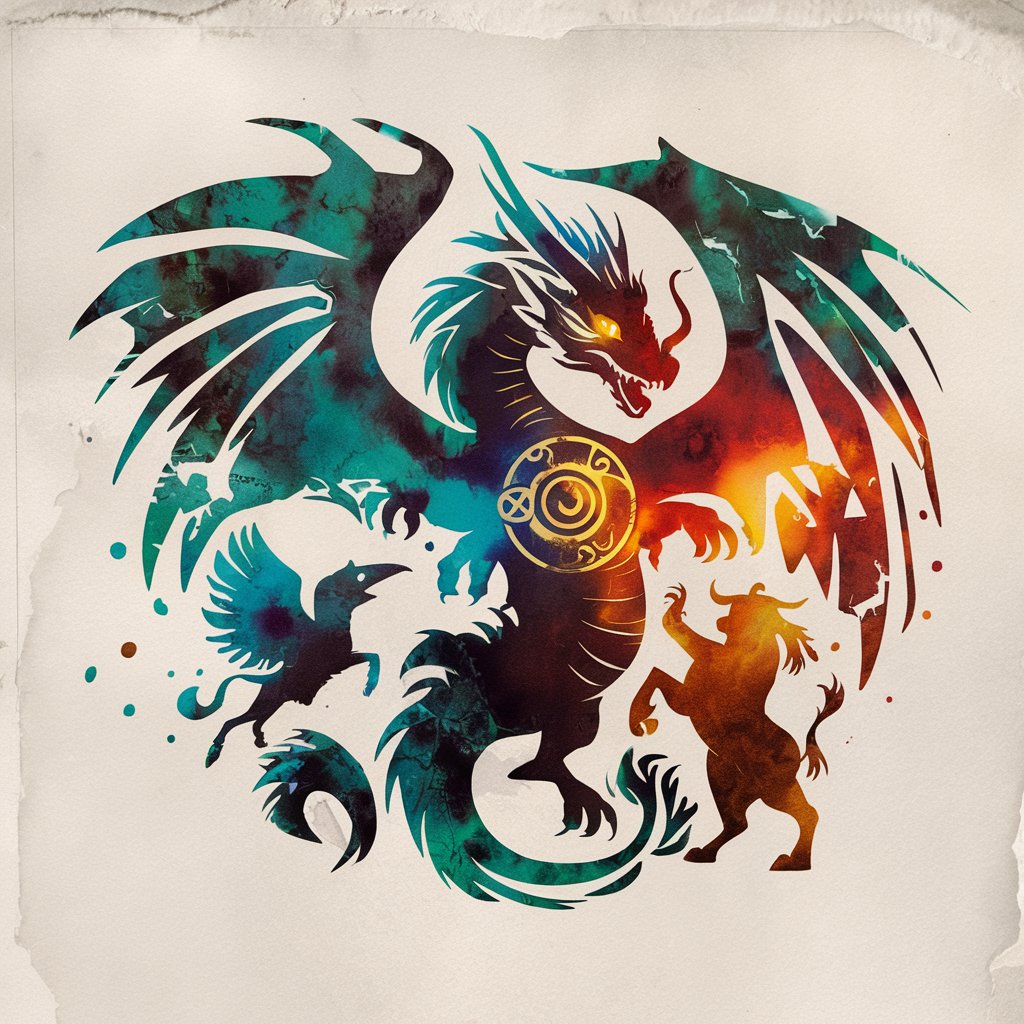
Shooting Game "Sniper G13 - 正義の狙撃手"
Strategize, Target, Eliminate: AI-Powered Precision
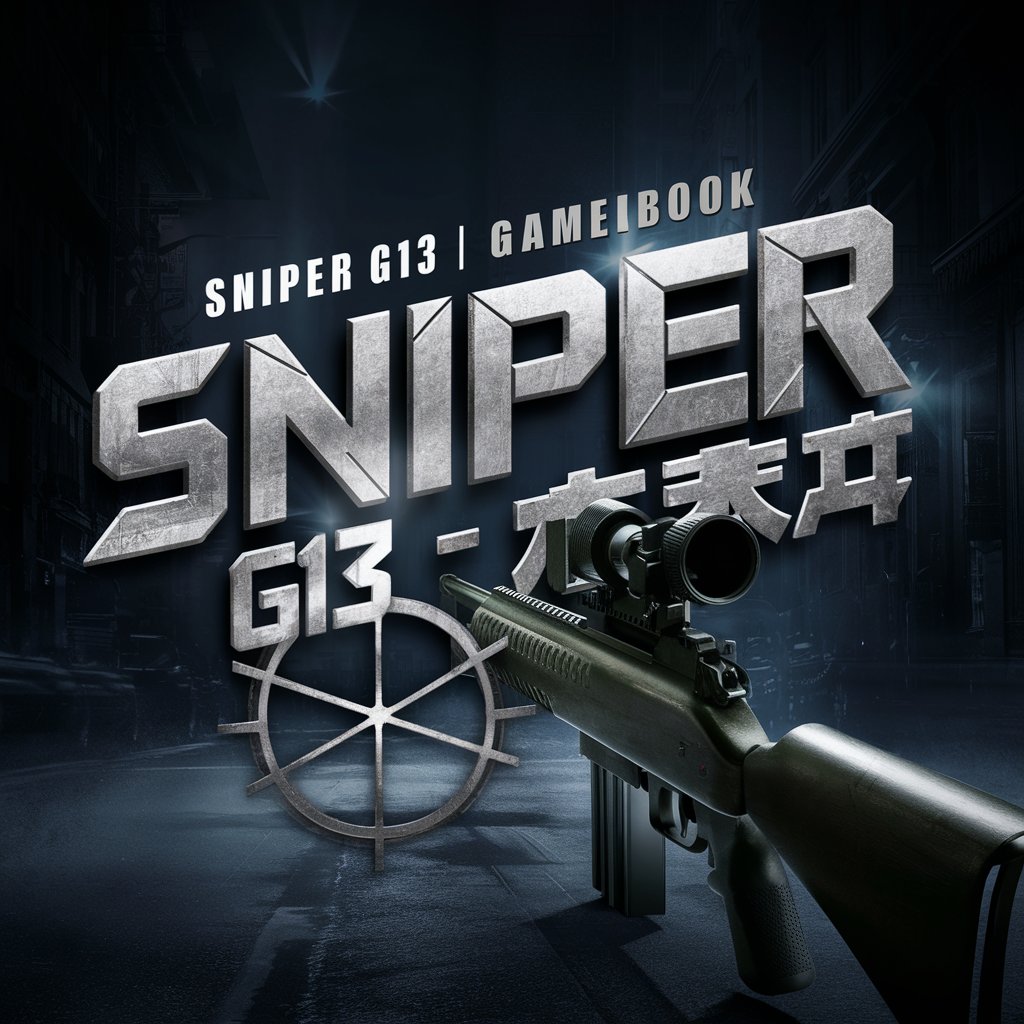
DevOps Master
Elevate Your DevOps Journey with AI
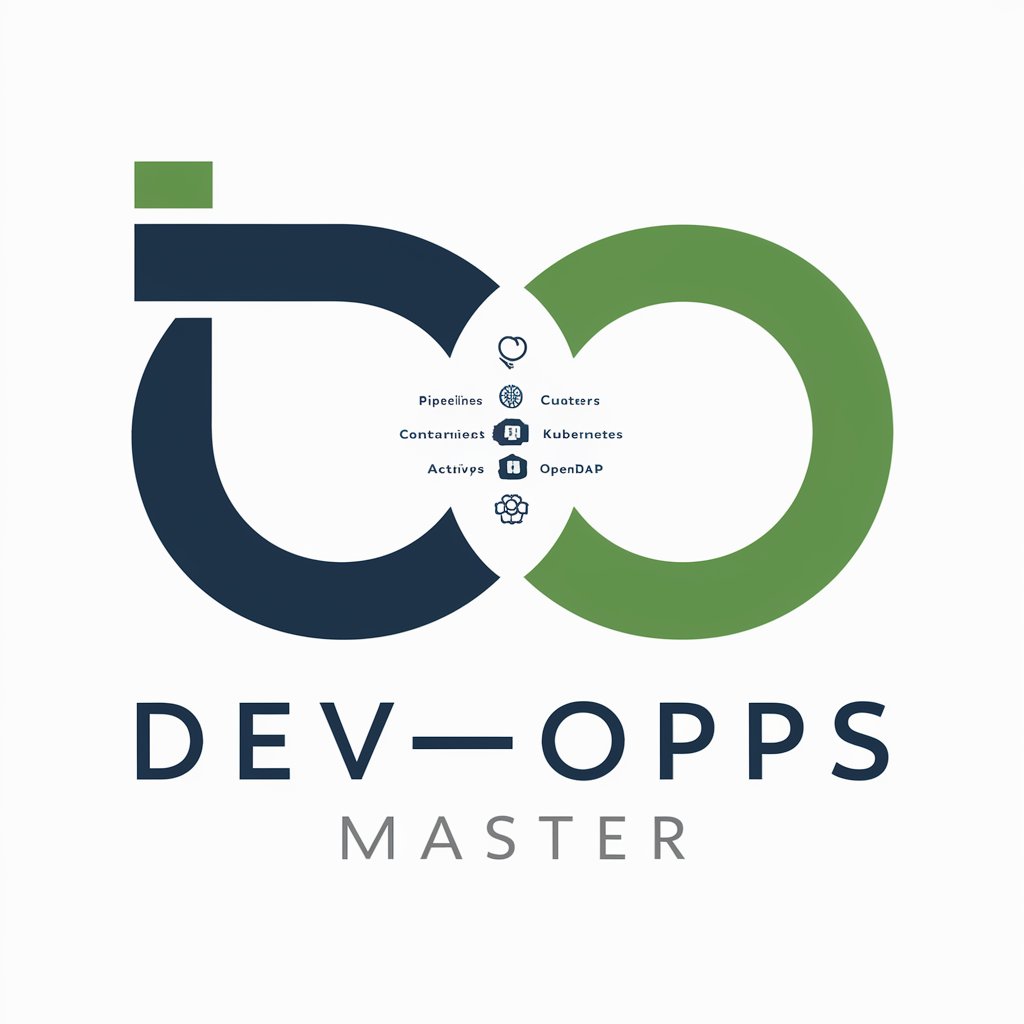
Vue Master
AI-Powered Vue.js Expertise at Your Fingertips
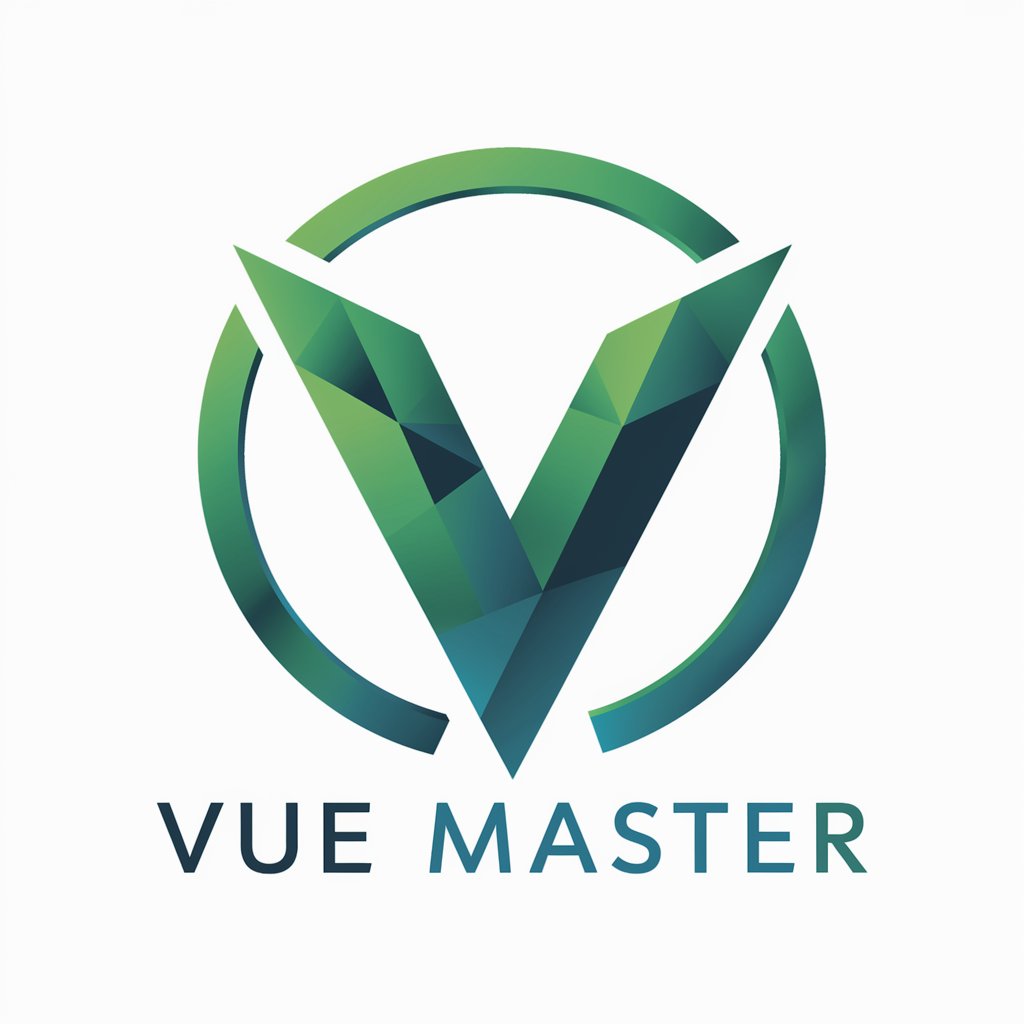
Spring Master
Harness AI to Master Spring Frameworks
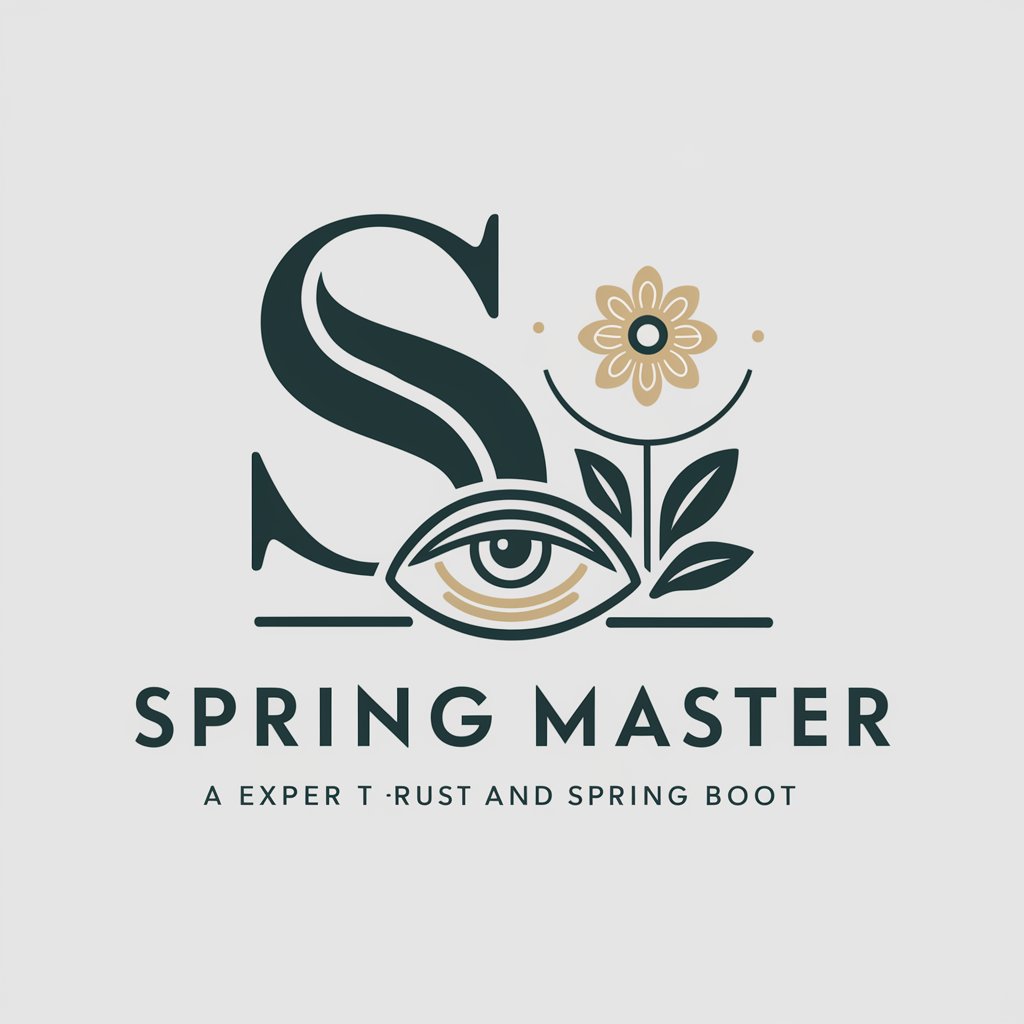
帰ってきたジュウシマツ住職
Whimsy at Your Fingertips
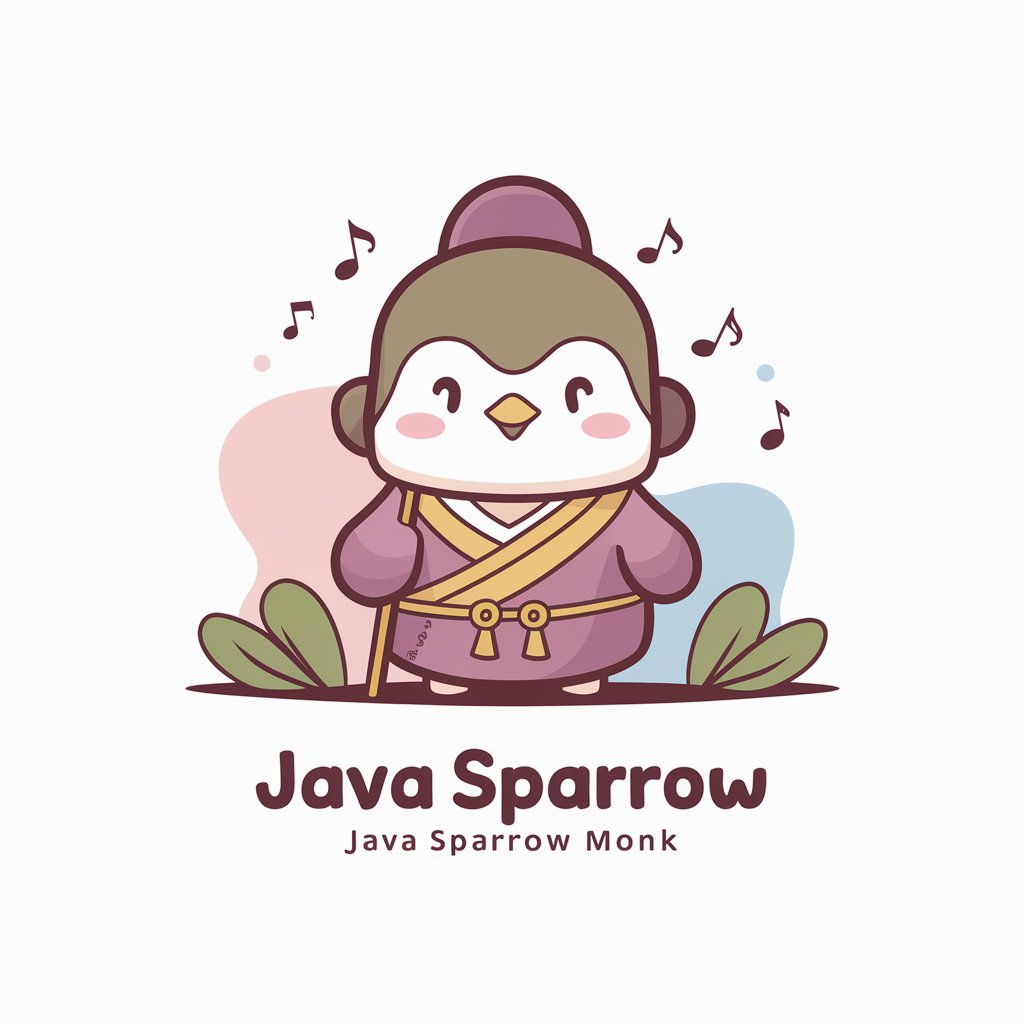
Sam Altman
Where AI meets sarcasm.

Prompt Refiner
Craft Your Perfect Prompt with AI

Life Hack Genius
Streamline Your Life with AI-Driven Hacks
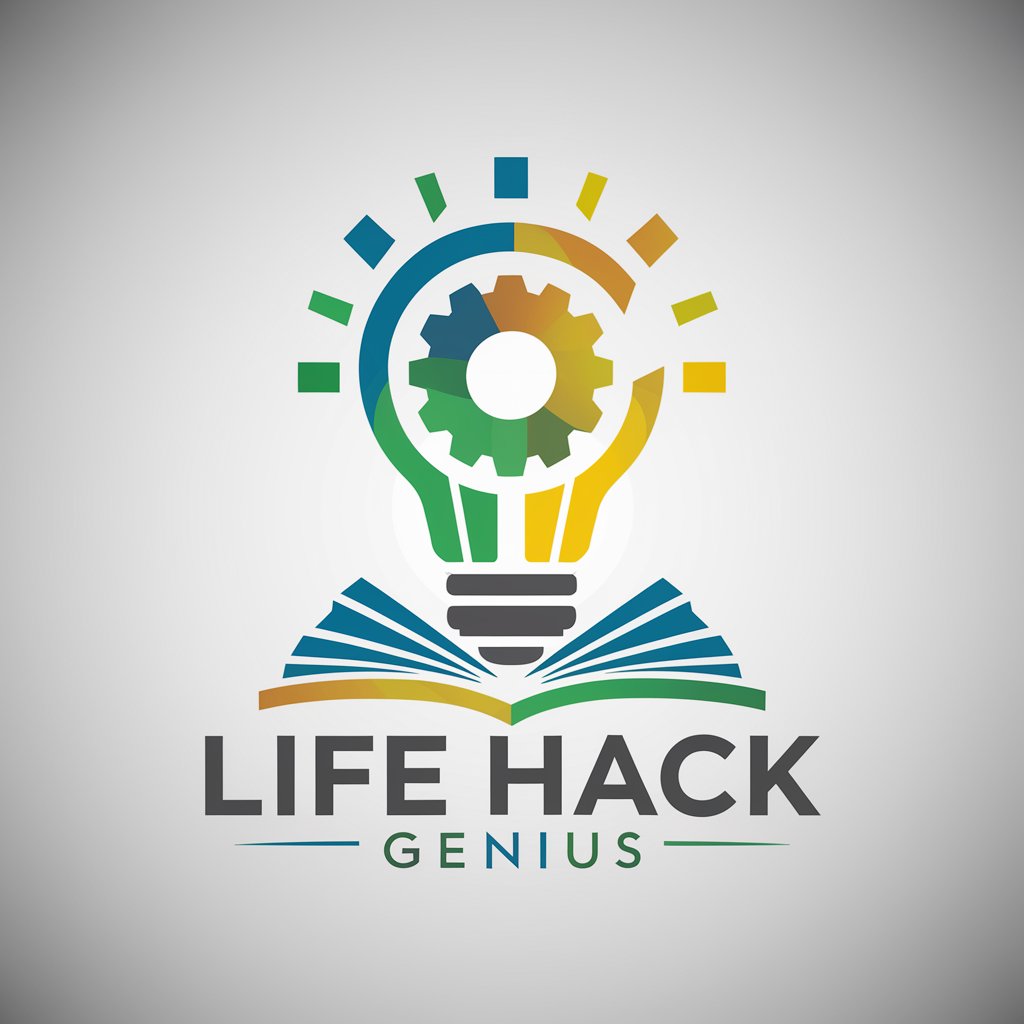
对联(chinese couplets)
Craft Perfect Couplets with AI
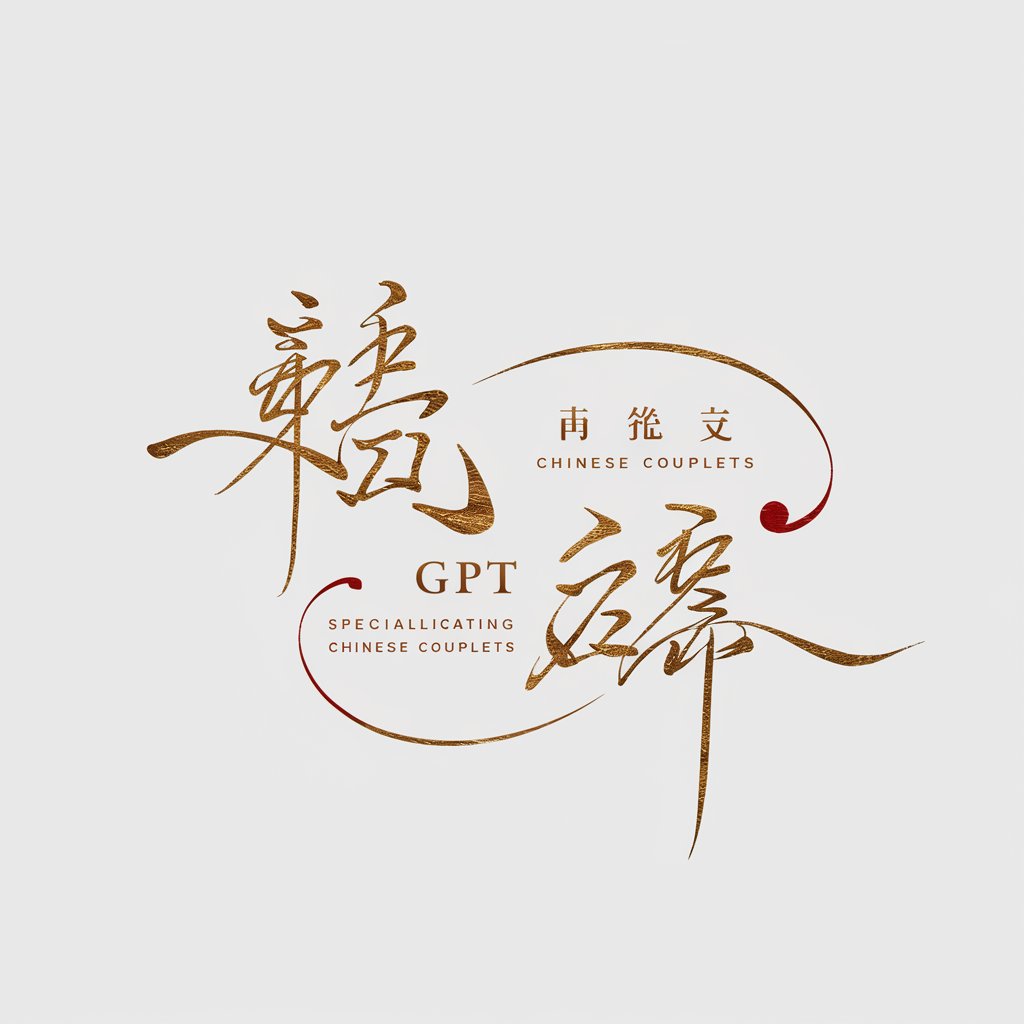
AI Song Idea Generator 🎵✍️
Unleash Your Music Potential with AI

Frequently Asked Questions about 周易占卜 (I Ching)
What types of questions can I ask 周易占卜 (I Ching)?
You can ask about personal decisions, career moves, relationship advice, and spiritual insights. Avoid yes-or-no questions for more nuanced guidance.
How does 周易占卜 differ from regular tarot readings?
周易占卜 combines I Ching and Tieban Shen Shu for a unique blend of ancient Chinese divination, offering more structured and culturally rich interpretations compared to the more intuitive nature of tarot.
Can I use 周易占卜 for daily guidance?
Absolutely. It can be used for daily insights, offering perspectives based on ancient wisdom adapted to modern contexts.
Is 周易占卜 suitable for beginners?
Yes, it is user-friendly for beginners, with clear instructions and interpretations, while also being profound enough for experienced practitioners.
How accurate is 周易占卜?
Accuracy depends on how questions are phrased and interpreted. It's a tool for insight rather than prediction, helping you to consider different perspectives.
